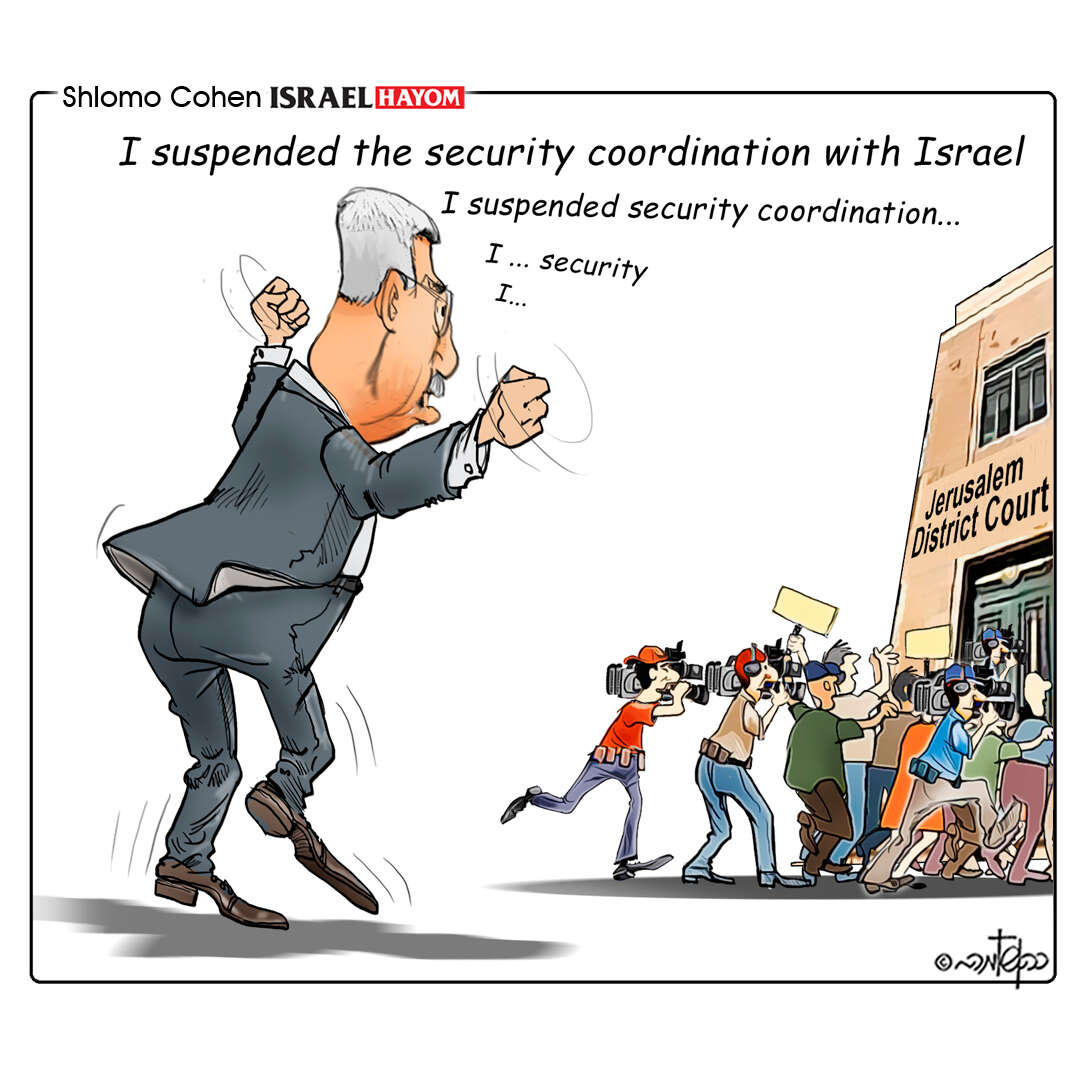
Vic Rosenthal's weekly column
In August of last year, Dvir Sorek, an 18-year old yeshiva student walking near Migdal Oz in the Gush Etzion region was set upon by two terrorists acting on behalf of Hamas. He was brutally stabbed to death (do I need to add “brutally” to “stabbed to death?”)
The murderers, and three others who helped plan and prepare the attack, were quickly located and arrested. Four of them immediately confessed. After they were indicted, the IDF informed the families of the four that their homes would be demolished. The families petitioned the Supreme Court to prevent the demolition, but the petitions were denied, and in November, the homes were demolished.
Home demolitions are controversial. But most observers believe that the policy is effective in restraining potential terrorists, even suicide terrorists. And some 90% of Jewish Israelis support the policy.
There were five terrorists involved in Sorek’s murder. Unlike the others, Mahmoud Atawna did not confess immediately, so the IDF did not order his home demolished at the same time as the others. Finally an order was issued to do so in January, 2020. This one, too, was appealed to the Supreme Court, with the assistance of “Hamoked: Center for the Defense of the Individual,” one of many left-wing Israeli NGOs funded by the hostile-to-Israel European Union, various European governments, and the US-based New Israel Fund. But this time, a three-judge panel ruled 2-1 in favor of the petitioners, and ordered that the IDF could not demolish the home.
The Court, which had never overthrown an IDF order to demolish the home of a convicted terrorist before, gave two reasons for it: Atawna’s wife and children lived in the house, and were not involved in the murder and didn’t support him (how they established the latter, I do not know – maybe they asked her). And second, too much time had passed after the murder for it to be a deterrent to terrorism:
Justices Anat Baron and Uzi Vogelman granted the petition against the planned demolition in Beit Kahil, near Hebron, leaving Justice David Mintz in the minority. …
Baron wrote that the army didn’t issue the demolition order until five months after the attack, after the homes of other members of the terror cell had been destroyed. “The longer the gap between the attack and the demolition of the home of the attacker, the less the deterrent effect inherent in the home demolition,” she wrote. “Lacking a deterrent effect, the inevitable impression is that the home demolition is being sought as a solely punitive measure.”
The decision also noted that Atawna’s family was not accused of involvement or having knowledge of his intent to harm a soldier and did not express support for the attack after the fact.
Baron also explained why she thought the deterrent effect was reduced by the delay:
The passage of time results in disconnecting the ‘consciousness connection’ between the murder and the sanction against it, so that already at the time the demolition order was issued its deterrent power was in doubt …
The decision noted that due to the delay in issuing the order “the petitioners were left in a cloud of uncertainty about the fate of their home.” It’s hard to resist commenting that the Sorek family also will find themselves in a cloud, only it will not be five months, it will be for the rest of their lives, whenever they remember the son that was so cruelly and pointlessly taken from them.
What is interesting is that the dissenting judge, David Mintz, noted that the reason for the delay in issuing the demolition order was that since there was no confession, the IDF waited for Atawna to be convicted before issuing it! In other words, they wanted to be as fair as possible.
Until now the Supreme Court has usually avoided interfering with the IDF. But with this decision, the justices, who apparently believe that they are experts in the psychology of terrorists (“disconnecting the consciousness connection” – it sounds better in Hebrew but makes no more sense), and who base legal decisions on what feels right to them, have decided to second-guess the IDF as well.
Incidentally, I’m not an expert in psychology of terrorists either, but it seems to me that the certainty that it will occur is more important to the deterrent power of a home demolition than how long it takes to execute. And with this order, the Court has just demolished that certainty – and eviscerated yet another sanction against terrorism.

 Elder of Ziyon
Elder of Ziyon





























